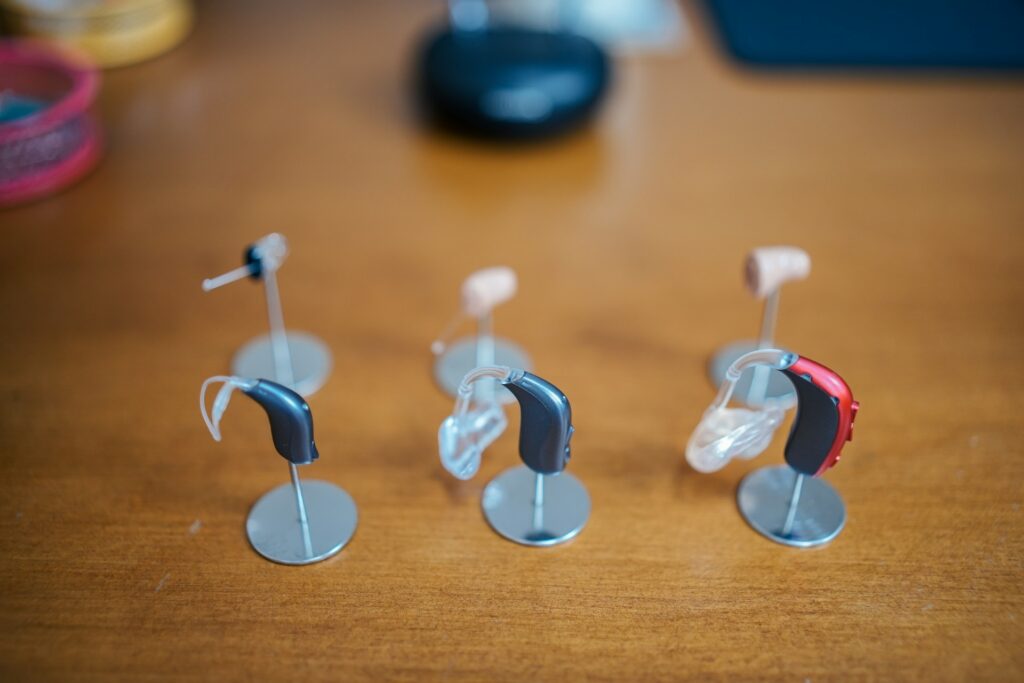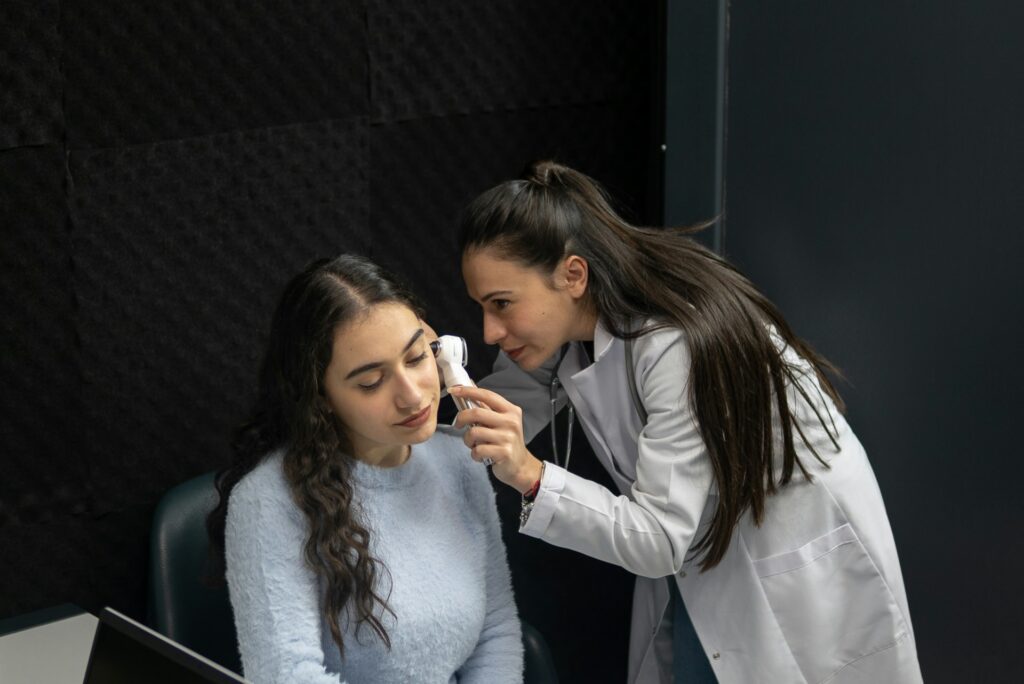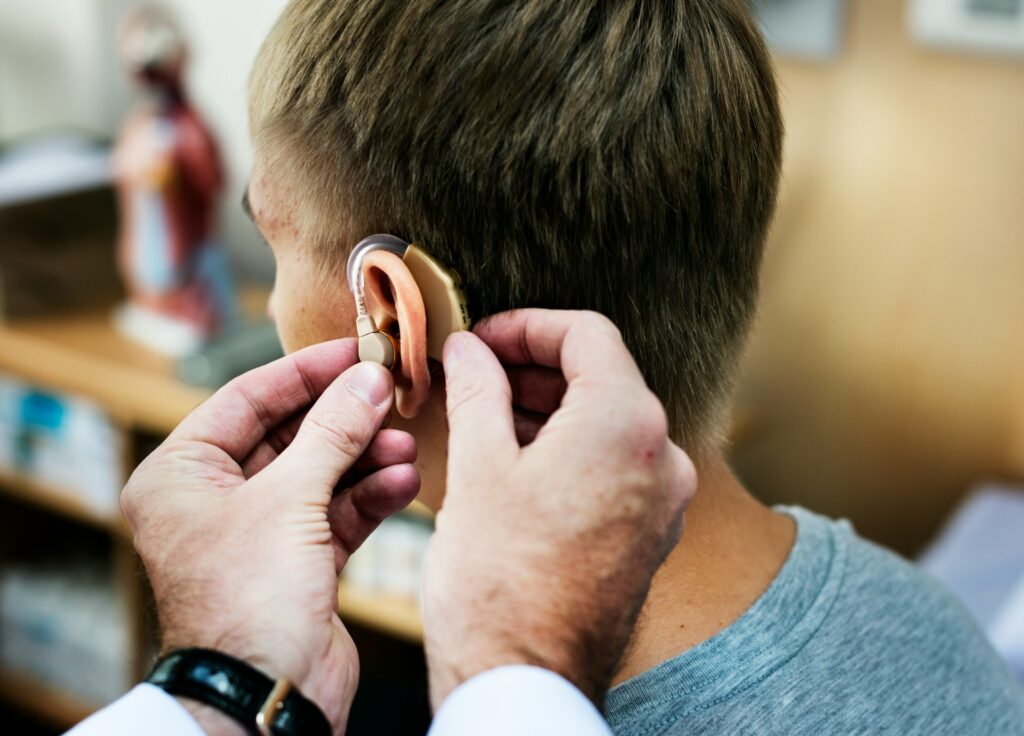Ménière’s disease is a chronic condition that affects the inner ear, causing vertigo, hearing loss, and tinnitus. It is named after the French physician Prosper Ménière, who first described the condition in 1861.
The symptoms of Ménière’s disease can be debilitating and can significantly impact a person’s quality of life. In this article, we will discuss the symptoms, causes, diagnosis, and treatment of Ménière’s disease.
Symptoms
Vertigo, hearing loss, and tinnitus are the hallmark symptoms of Ménière’s disease. In addition to these, people with Ménière’s disease can experience a variety of other symptoms.
One common symptom of Ménière’s disease is a feeling of fullness or pressure in the affected ear. This sensation can be uncomfortable and may be accompanied by pain or discomfort.
Some people with may also experience headaches, which can be caused by the disruption of the balance mechanisms in the inner ear.
Another symptom of Ménière’s disease is sweating, which can be a sign of a severe attack. During a Ménière’s attack, the body may respond with increased sweating, which can be a sign of the body’s stress response. Other symptoms, such as nausea, vomiting, and diarrhea can accompany sweating.
Some people may also experience emotional symptoms such as anxiety or depression. The unpredictable nature of the disease, with sudden attacks of vertigo and other symptoms, can be emotionally challenging and may impact a person’s ability to engage in daily activities.
Ménière’s disease can also affect a person’s ability to concentrate and perform daily tasks. Vertigo, hearing loss, and other symptoms can make it difficult to focus on work or school, and may impact a person’s ability to drive or operate heavy machinery.
It is important to note that the symptoms of Ménière’s disease can vary from person to person and may change over time. Some people may experience mild symptoms that are easily managed, while others may have more severe symptoms that require more aggressive treatment.
Understanding the full range of symptoms associated with Ménière’s disease can help individuals recognize the condition and seek appropriate treatment.
Causes
The exact cause of Ménière’s disease is not fully understood. However, it is believed to be related to fluid buildup in the inner ear, which can affect the balance and hearing mechanisms.
This fluid buildup may be caused by a variety of factors, including genetics, autoimmune disorders, viral infections, or head trauma.
Diagnosis
Diagnosing Ménière’s disease can be challenging, as the symptoms can be similar to other conditions that affect the inner ear. Your doctor may perform a physical exam, hearing tests, and imaging tests such as an MRI or CT scan to rule out other conditions.
They may also perform a balance test called electronystagmography (ENG), which measures eye movements in response to changes in head position.
Treatment
There is no cure for Ménière’s disease, but there are several treatments that can help manage the symptoms. The most common treatment is a low-sodium diet, which can help reduce fluid buildup in the inner ear. Medications such as diuretics, antihistamines, and anti-nausea drugs may also be prescribed to manage symptoms.
For severe cases of Ménière’s disease, surgery may be necessary. One surgical option is called endolymphatic sac decompression, which involves creating a small hole in the inner ear to drain excess fluid.
Another option is vestibular nerve section, which involves cutting the nerve that connects the inner ear to the brain to reduce vertigo symptoms.
Conclusion
Ménière’s disease is a chronic condition that can significantly impact a person’s quality of life. The symptoms of vertigo, hearing loss, and tinnitus can be debilitating, but there are several treatments available to manage these symptoms.
If you are experiencing any of these symptoms, it is important to talk to your doctor to determine the underlying cause and develop an appropriate treatment plan. With proper management, people with Ménière’s disease can lead full and active lives.
If you or a loved one is experiencing hearing loss, don’t wait to seek expert hearing care. Contact Country Hearing Care today to schedule an appointment and take the first step towards improving your hearing and overall quality of life.










